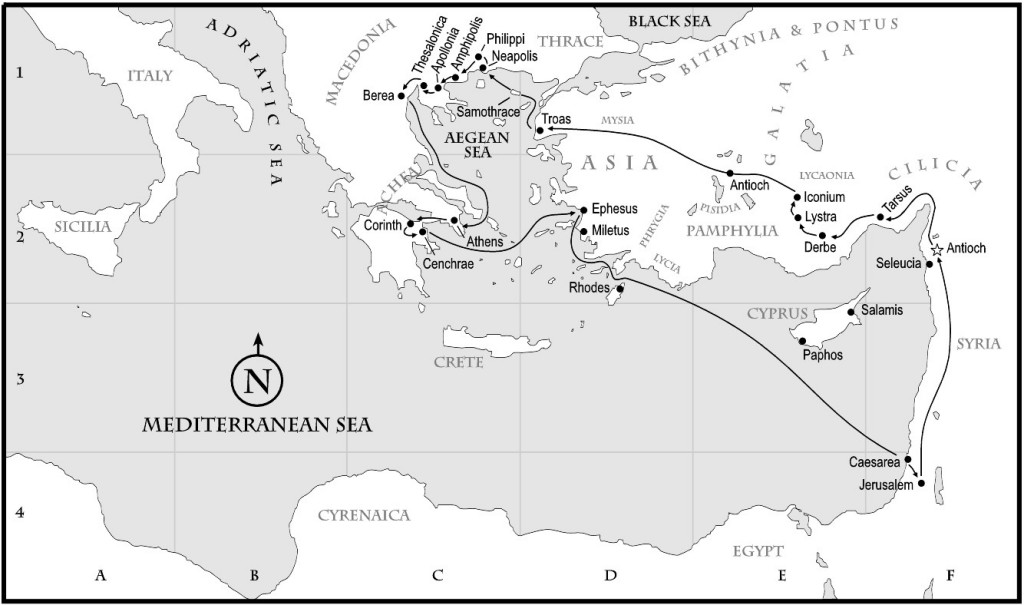Podcast: Play in new window | Download
The Text
12 But I want you to know, brethren, that the things which happened to me have actually turned out for the furtherance of the gospel, 13 so that it has become evident to the whole palace guard, and to all the rest, that my chains are in Christ; 14 and most of the brethren in the Lord, having become confident by my chains, are much more bold to speak the word without fear.
15 Some indeed preach Christ even from envy and strife, and some also from goodwill: 16 The former preach Christ from selfish ambition, not sincerely, supposing to add affliction to my chains; 17 but the latter out of love, knowing that I am appointed for the defense of the gospel. 18 What then? Only that in every way, whether in pretense or in truth, Christ is preached; and in this I rejoice, yes, and will rejoice.
19 For I know that this will turn out for my deliverance through your prayer and the supply of the Spirit of Jesus Christ, 20 according to my earnest expectation and hope that in nothing I shall be ashamed, but with all boldness, as always, so now also Christ will be magnified in my body, whether by life or by death. 21 For to me, to live is Christ, and to die is gain. 22 But if I live on in the flesh, this will mean fruit from my labor; yet what I shall choose I cannot tell. 23 For I am hard-pressed between the two, having a desire to depart and be with Christ, which is far better. 24 Nevertheless to remain in the flesh is more needful for you. 25 And being confident of this, I know that I shall remain and continue with you all for your progress and joy of faith, 26 that your rejoicing for me may be more abundant in Jesus Christ by my coming to you again.
